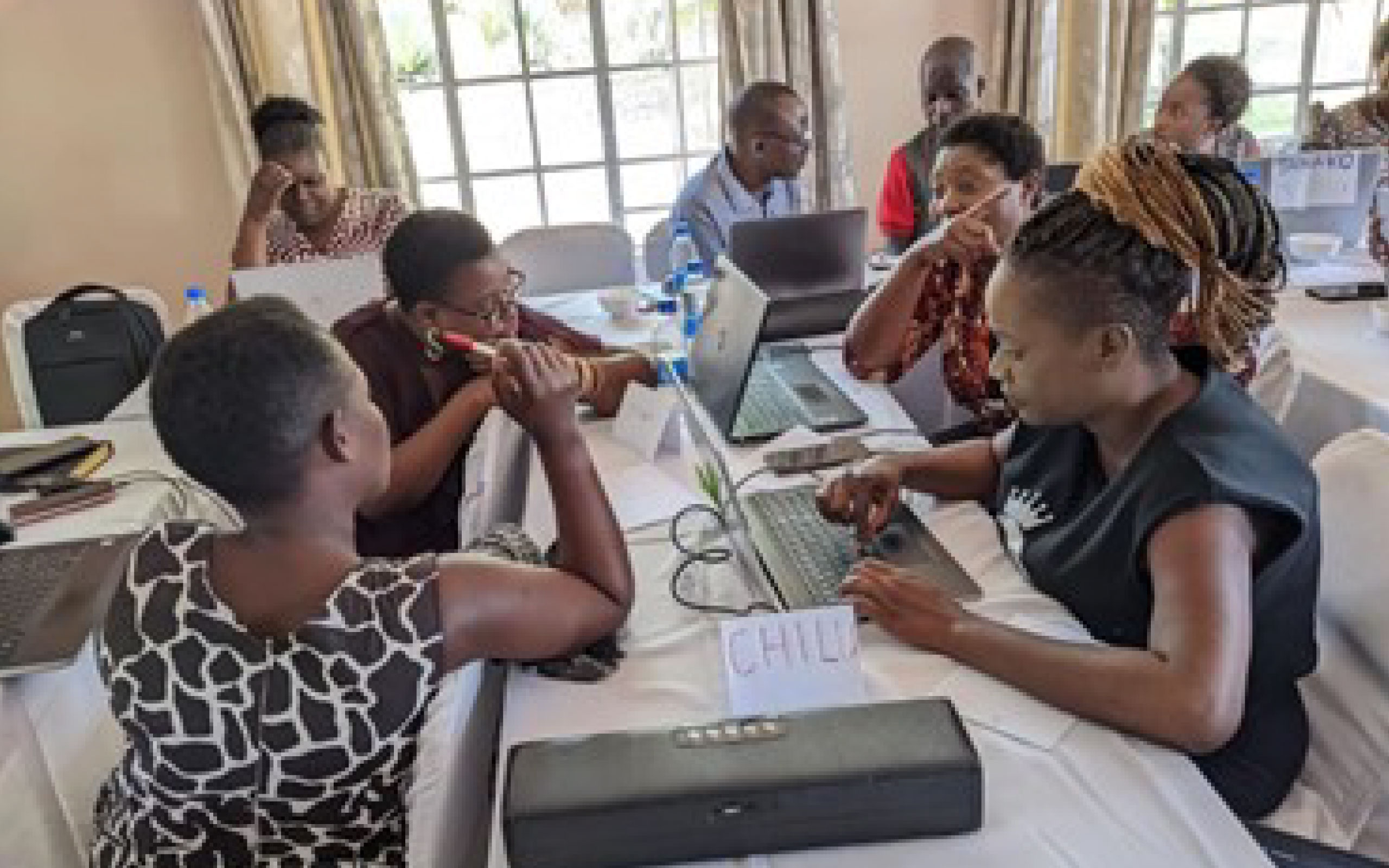
Recently, the Commonwealth of Learning (COL) began organising and supporting new open schooling content development in two sub-Saharan African countries – Mozambique and Malawi.
Both countries are long-term partners of COL’s Open Schooling initiative having been involved in the development of lesson-level content piloted through COL’s Aptus device, as reported in a recently published Social Return on Investment study, and available online from the OER & DPG Library. However, the content as currently constituted assumes mediation by a teacher, whether face-to-face or online. Moreover, countries are realising the need to offer more occupational or vocational subjects to out-of-school youth. There was a need therefore to revisit both what should be offered and how it should be offered.
In response, COL provided a course design and development consultant to facilitate the discussion and practical application related to curriculum mapping, activity-based course design, discovering and using open educational resources and promoting gender equality in content development. Participants from each country were also provided with an introduction to Moodle – an open-source, Learning Management System (LMS) and will continue to be provided online assistance as they work towards completion of their courses.
Tony Mays, COL’s Education Specialist for Open Schooling commented,
“Many countries have growing numbers of young people who are not in employment nor in education and training. Creating new learning and employment opportunities for these young people requires greater flexibility both about what is offered and also how it is offered. A more occupational or vocational curriculum is probably needed and developing such content in a platform like Moodle means that support can be provided both in fully online and blended modes depending on need. Moreover, it is relatively easy to export Moodle content into an open textbook format and so support even more learners in more diverse contexts of provision.”
In summary, the content developed for students involved in open schooling provision can also be used to support the education system more widely, for example, learners in day schools who need additional support.


